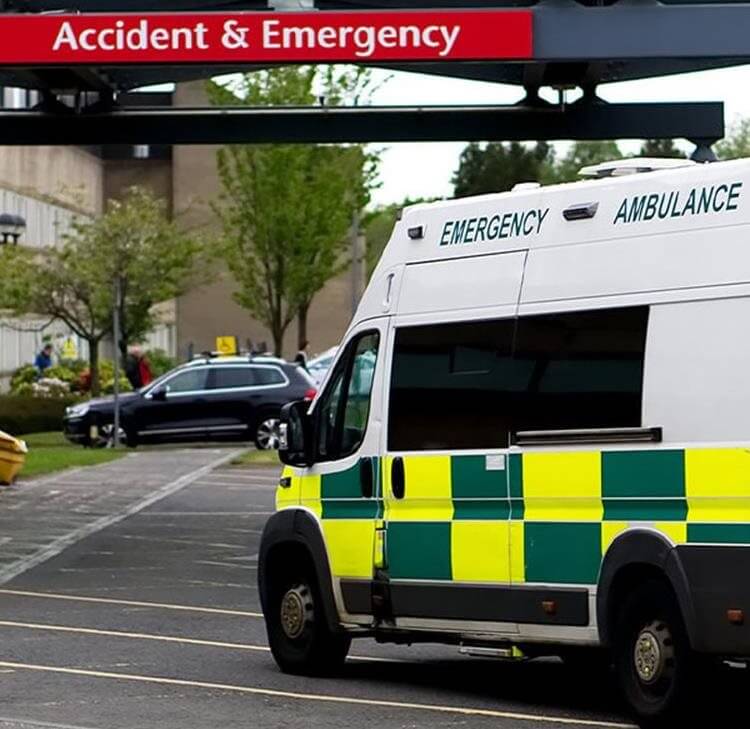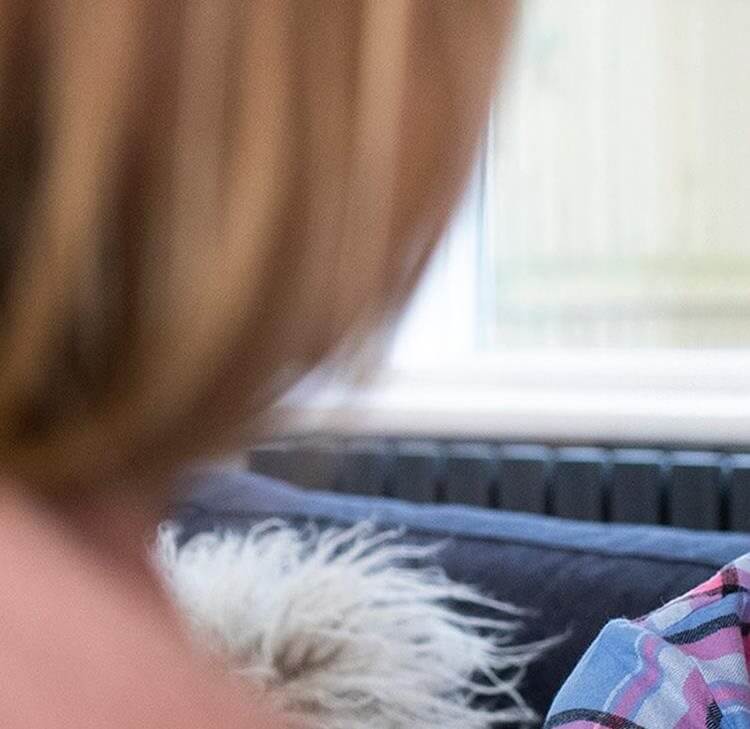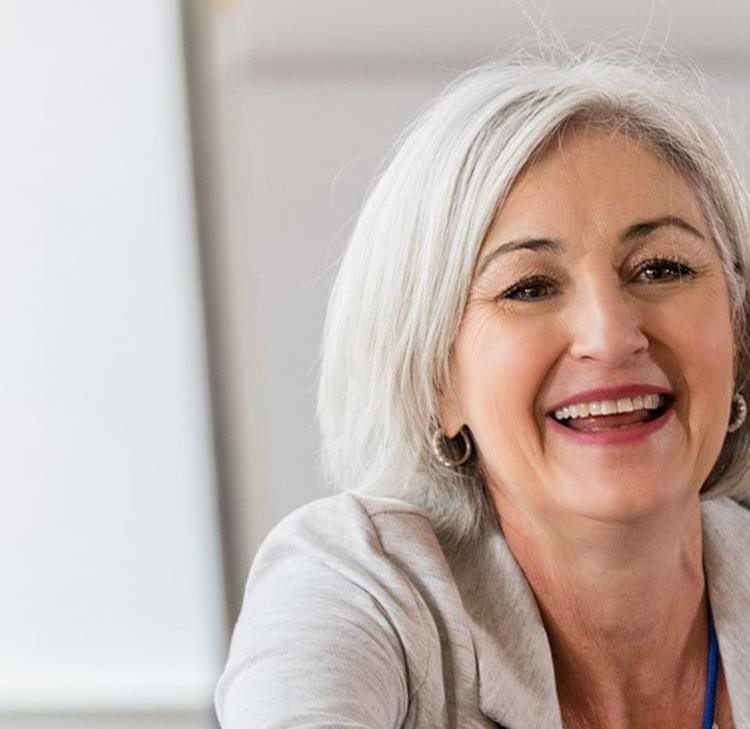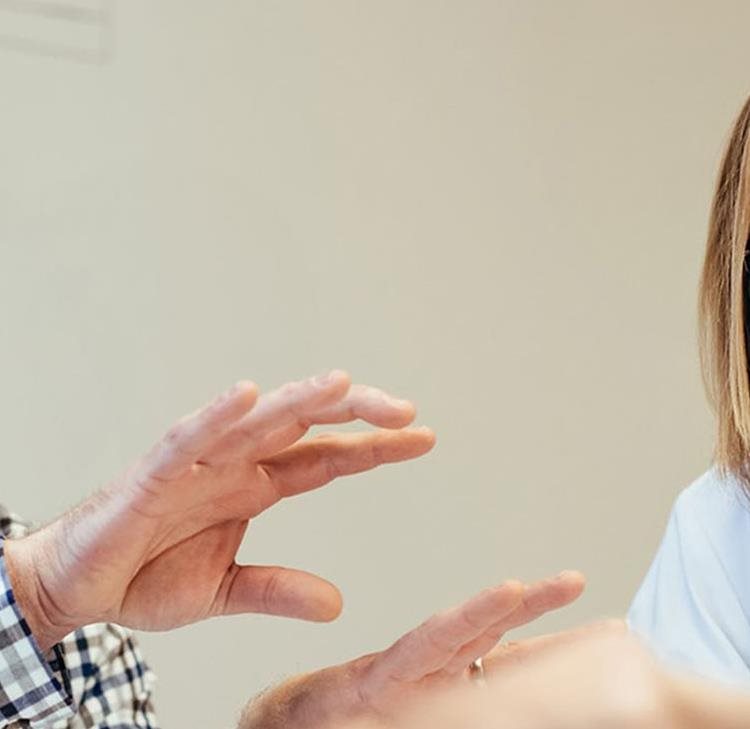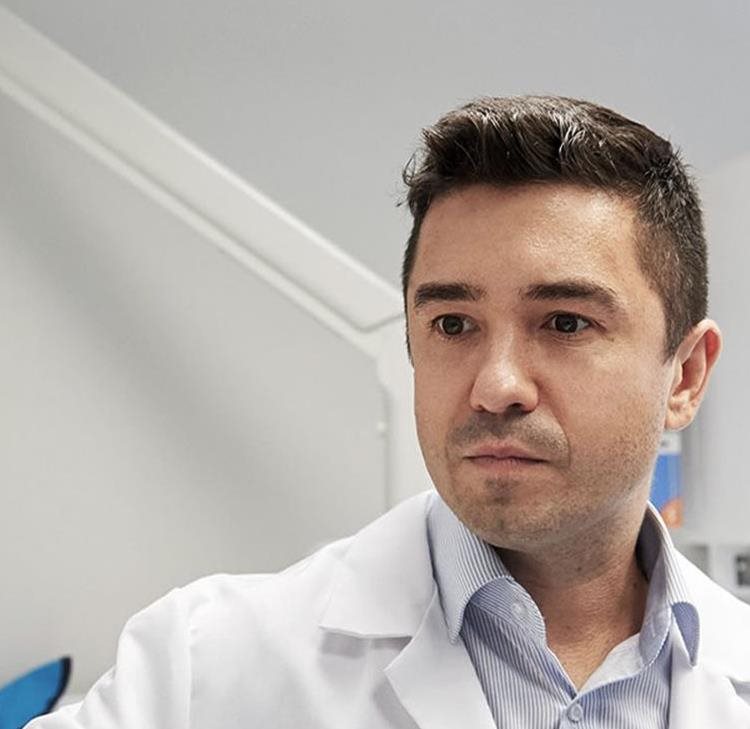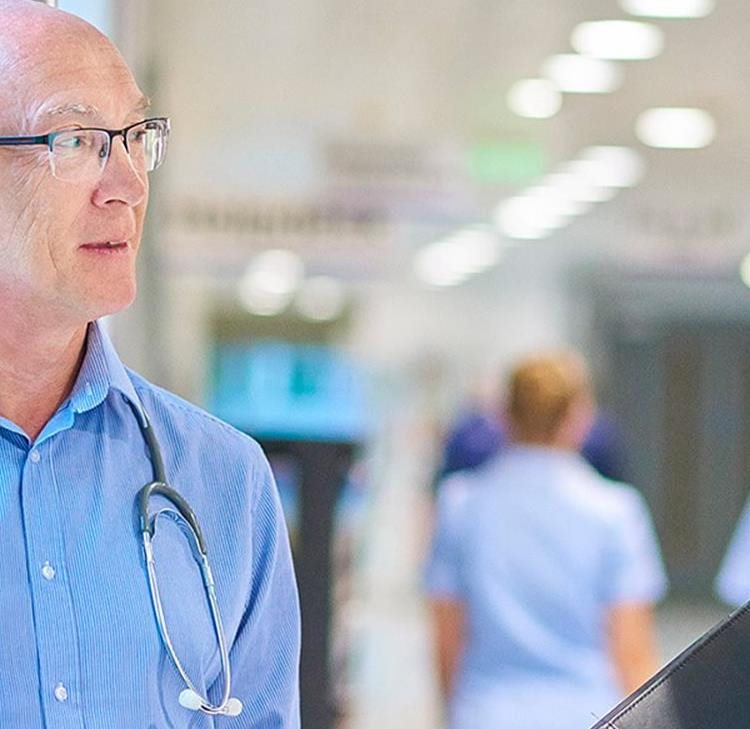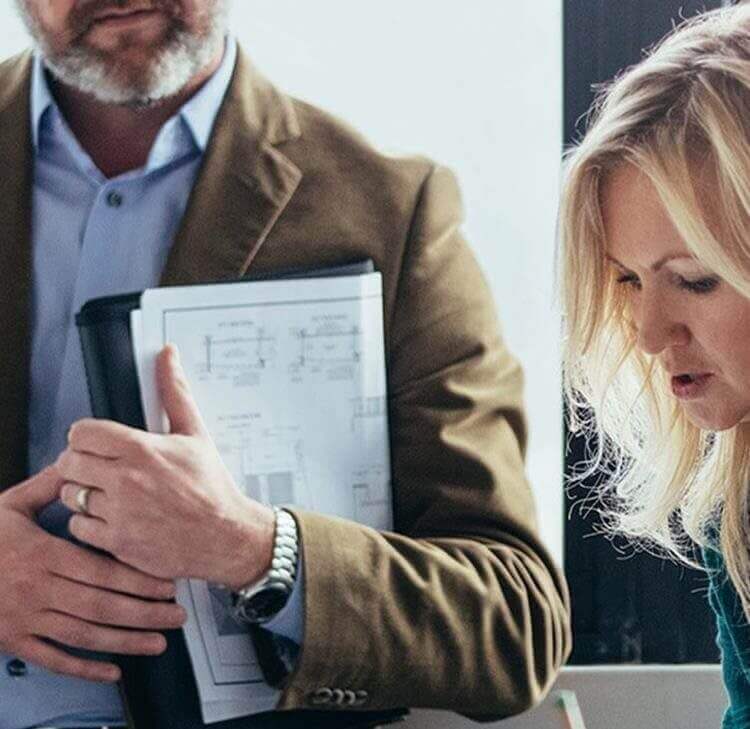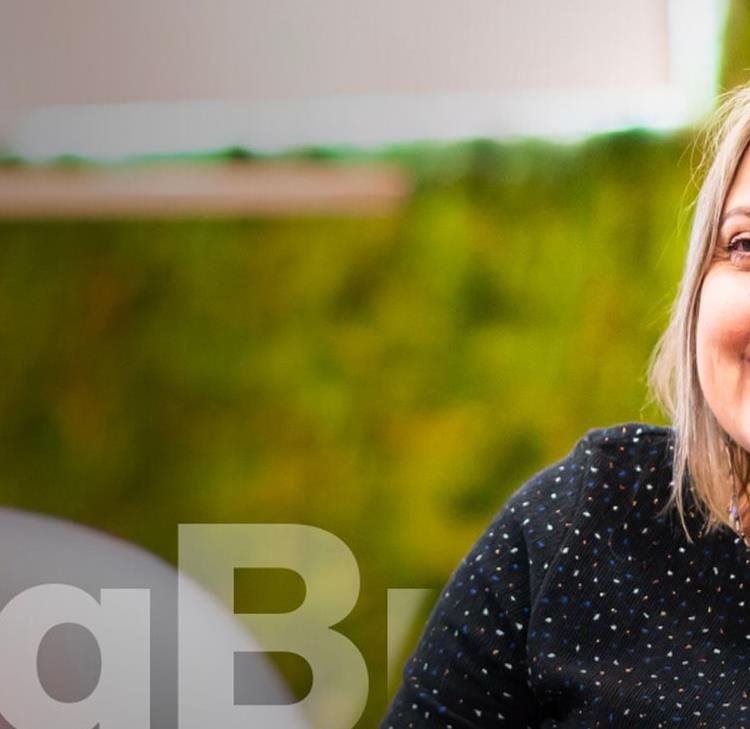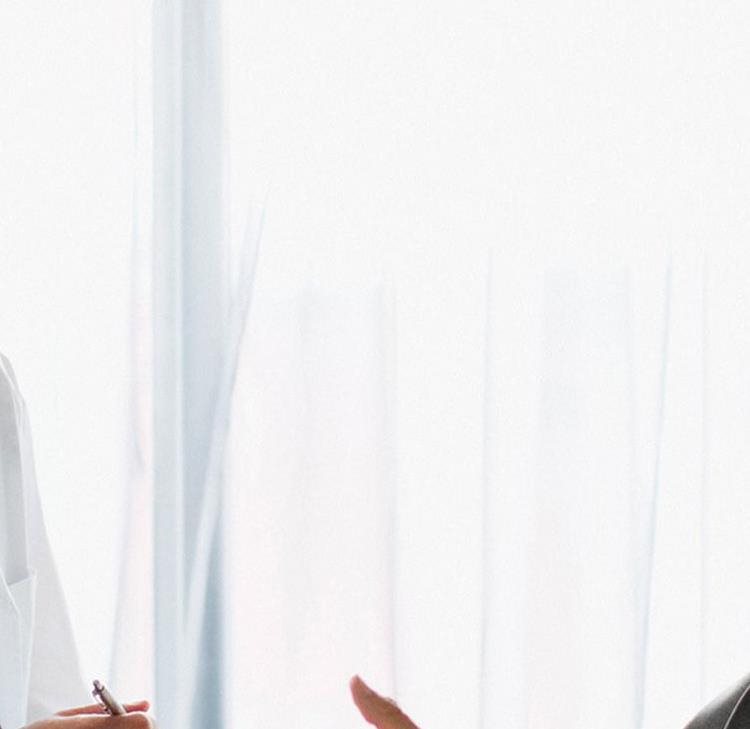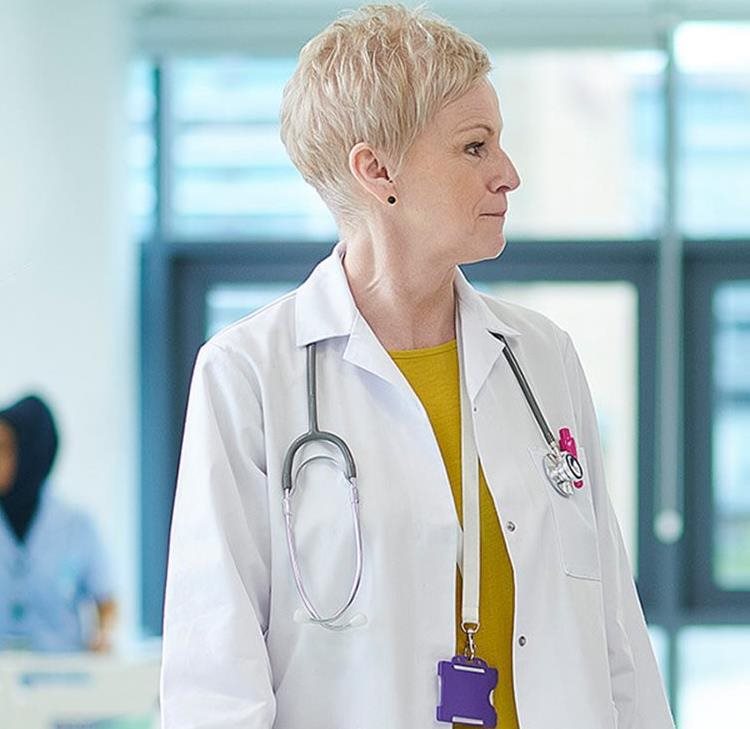Browne Jacobson welcomed the Chief Coroner, His Honour, Judge Thomas Teague, KC as a guest speaker at our recent Health and Care Connect Conference. We are delighted to now publish the key insights from that session, authored by the Chief Coroner himself.
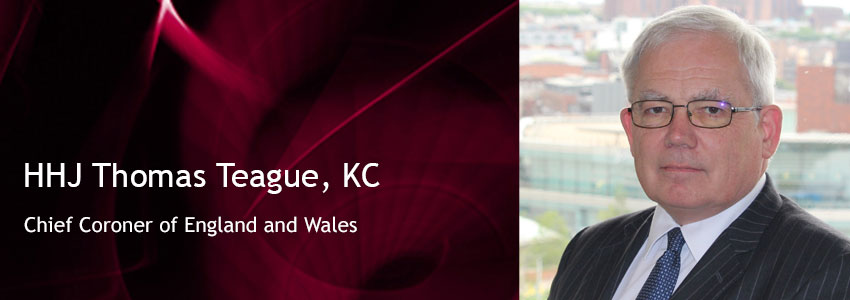
The Chief Coroner, His Honour Judge Thomas Teague, KC
I was delighted to attend Browne Jacobson’s Health and Care Connect conference on 10 October 2022 to address professionals from across the health and care sector about the coronial system.
I spoke about the coroner’s role and highlighted the two key differences between coroners and other judges: (i) that the specialist jurisdiction they exercise is inquisitorial, not adversarial, which means their function is not so much to adjudicate as to investigate; and (ii) that they do not form part of the unified national system of courts and tribunals, but are locally appointed and resourced. I also explained my own role as the head of the service.
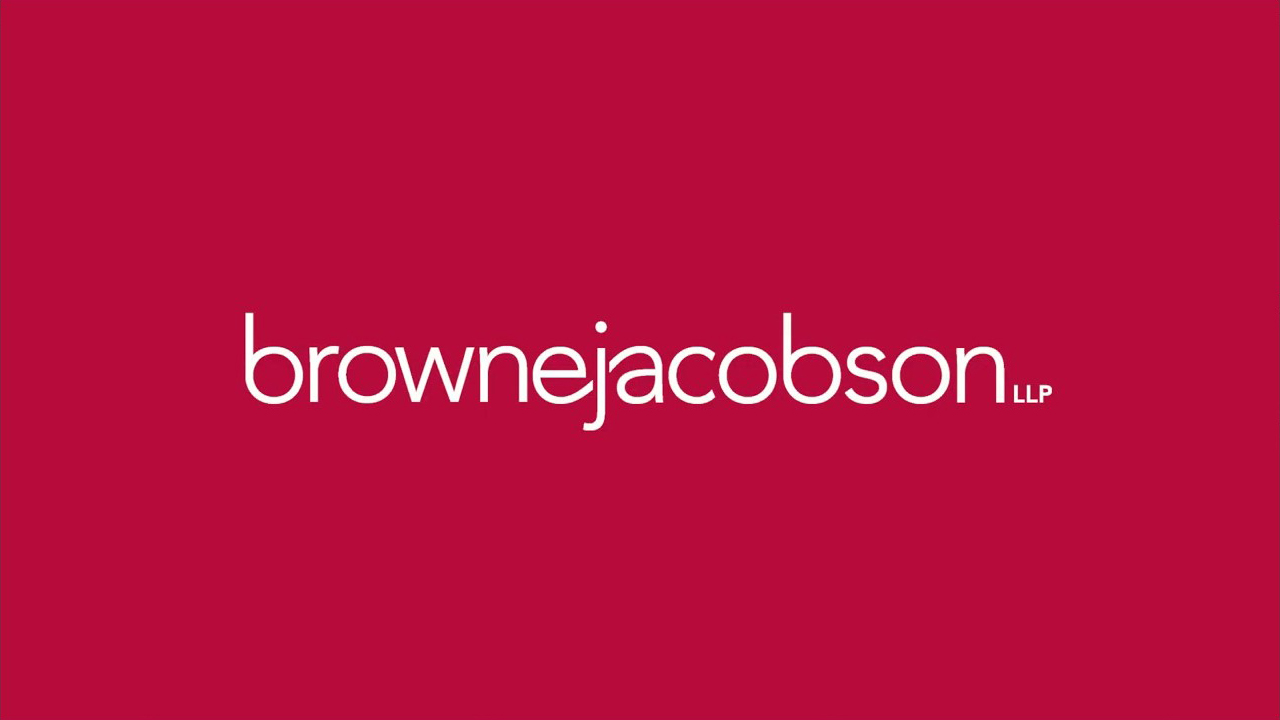
The key themes from my speech, and from the questions I answered on the day, were as follows:
The centrality of the bereaved
The core principle that I and my predecessors have all endorsed is that the deceased, and by extension the bereaved, should be at the heart of the coronial process.
An inquisitorial system
It is the inquisitorial nature of the coroner’s investigation that guarantees the centrality of the bereaved. If the proceedings acquire a more adversarial character, the focus will be diverted away from the bereaved and channelled instead into a debate between competing disputants. Some inquests are unavoidably contentious, but it is not the function of a coronial investigation to resolve disputes or to serve as a vehicle for those who wish to air extraneous grievances.
Backlogs
These vary throughout the country, as each area serves its own unique locality and is funded locally, meaning there is a wide variation in types of work and available resources. Some areas have no backlogs, but others have found it more difficult to recover from the pandemic. Last year, I published Guidance No. 39 on COVID-19 recovery and have been working with a number of individual coroner areas and their funding Local Authorities to address backlogs and other problems.
Consistency
Part of my role is to improve consistency between coroner areas, although some variation in practice is justified because of the variations in area size, types of work and levels of resourcing throughout the country. Against the background, to ensure we have as consistent an approach as possible, I publish guidance on a wide range of topics and provide compulsory training to all coroners. Although I do not have the power to overrule coroners’ judicial decisions, they are subject to the central oversight of the High Court by way of judicial review.
Remote hearings
Whether a case is suitable for remote hearing will be decided by the coroner based on its specific circumstances. I encourage coroners to be flexible and proportionate about calling witnesses, and to recognise the pressures on healthcare staff (I gave guidance on this issue in Guidance No. 34 on COVID-19). However, legislation provides that coroners can only permit remote attendance by witnesses where this would improve the quality of the evidence given, or allow the inquest to proceed more expediently. It also requires them to consider whether remote attendance would impede the questioning of the witness.
When deciding applications by interested persons and legal representatives to attend a hearing remotely, coroners must balance the interests of justice (which are wider than the particular case) and the interests of all those attending the proceedings. Each application will be decided on its own merits, with the coroner taking into account, as part of the ‘interests of justice’ consideration, the efficient despatch of business in the area and the availability of coroners, coroner’s officers, additional staff, technical equipment and other resources.
Rise in inquests
The number of deaths reported to coroners in 2021 were at the lowest level since 1995 (although this may have been affected by the pandemic, as (i) COVID deaths are, in the main, not reported to coroners; and (ii) the pandemic may have caused an artificial suppression of other kinds of unnatural deaths). Despite the fall in reported deaths, anecdotal evidence suggests that the cases that are reported have increased in complexity. One of the reasons for this seems to be that the Medical Examiner system is identifying and reporting cases that otherwise would have been missed, and inevitably such cases are often complex.
Duplication of investigation
The adequacy of other investigations into a death has no bearing on whether the coroner’s duty to investigate arises. A hospital trust could do a thorough job investigating a death locally, reassuring the family and generating important evidence and learning points. However, that investigation does not affect whether the coroner’s duty to investigate arises under Section 1 of the Coroners and Justice Act 2009.
It was a pleasure to be able to share my thoughts about the coroner service with the delegates at the conference, and to hear about the issues that are particularly of concern to professionals in these sectors. Although my team and I have limited resources, I believe we are having a positive impact on the problems that face the coronial system. Having insights from service users about their experiences, is invaluable when we are considering future improvements.
If you have any enquiries, please contact

Nicola Evans
Partner
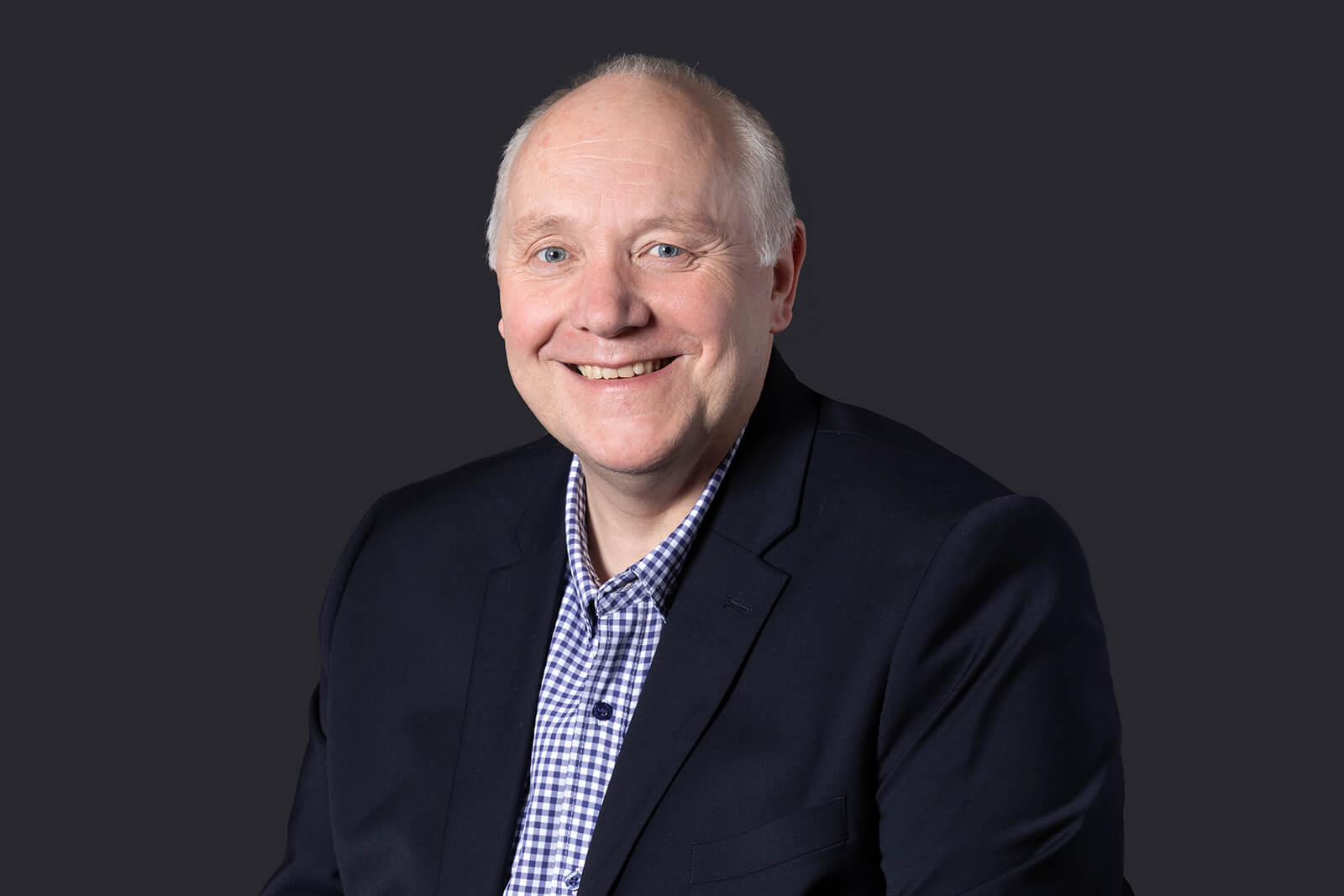
Simon Tait
Partner
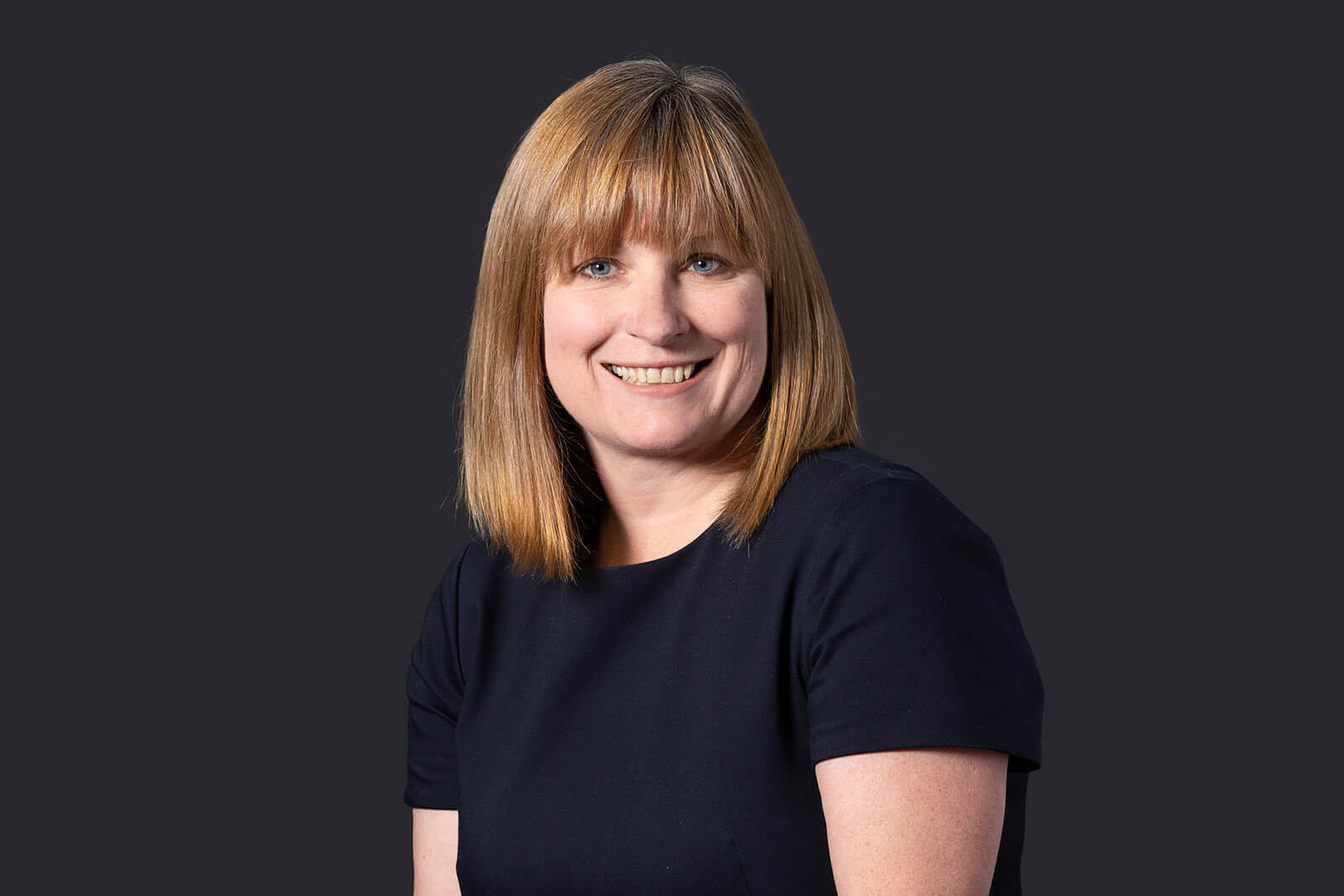
Rachel Whitaker
Partner

Damian Whitlam
Partner
Key contact

Nicola Evans
Partner
Nicola.Evans@brownejacobson.com
+44 (0)330 045 2962



